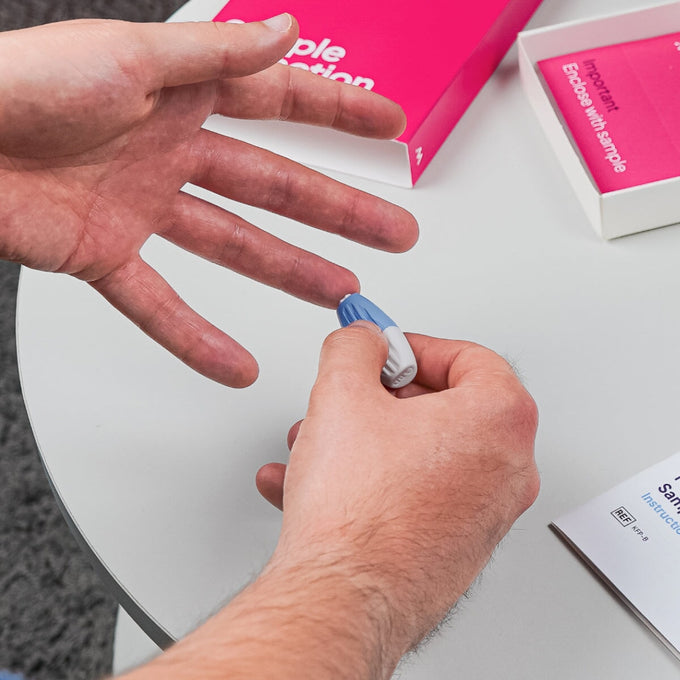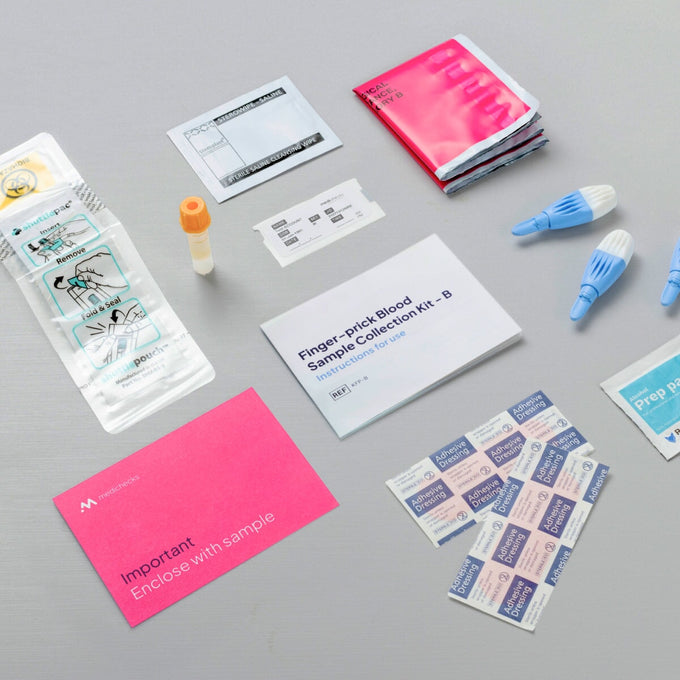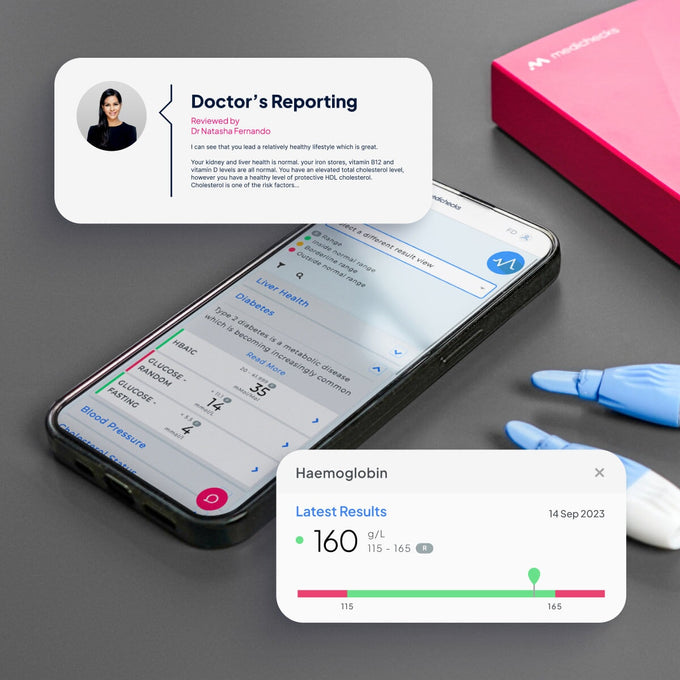Prolactin Blood Test, from our experts to you.
Dr Sam Rodgers MBBS, MRCGPChief Medical Officer

What is prolactin?
Prolactin (PRL) is a hormone produced by a small organ at the base of the brain called the anterior pituitary gland. It is best known for producing breast milk in women. Prolactin is usually found in low levels in both men and women. It will rise significantly during pregnancy and breastfeeding and returns to normal very quickly after breastfeeding stops.
What does prolactin do?
As well as producing breast milk, prolactin has other wide-ranging functions, from influencing the reproductive system to regulating the immune system.
What could raised prolactin mean?
Sometimes both men and non-pregnant or breastfeeding women can have raised prolactin, which can cause a milky discharge from the nipple in both sexes (though rarely in men). Commonly this is caused by a prolactinoma, a usually benign (not cancerous) tumour of the pituitary gland, which can cause symptoms of headaches and visual impairment. Other causes of raised prolactin can include polycystic ovaries, hypothyroidism, kidney disease, and anorexia. Certain drugs and anabolic steroids can also cause high prolactin levels. Elevated prolactin in women can result in infertility, breast tenderness and irregular periods, while it can cause low libido and enlarged and tender breasts in men.
What's Included?
How to prepare for your test
Special Instructions
Prepare for your Prolactin Blood Test by following these instructions. Please take your sample before 10am. Do not take biotin supplements for two days before this test, discuss this with your doctor if it is prescribed.





